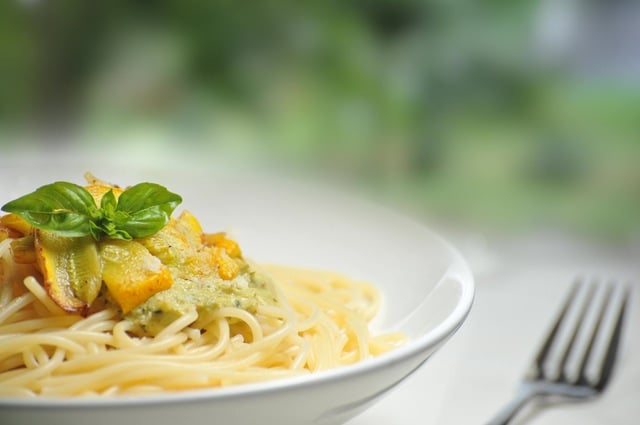
Navigating Your Diet: Effective Strategies for Managing Labyrinthitis and Meniere’s Disease
Labyrinthitis and Meniere’s disease are intricate conditions affecting the inner ear, often leading to vertigo, dizziness, and balance issues. While medical intervention plays a crucial role in managing these conditions, dietary adjustments can also significantly impact symptoms. In this comprehensive guide, we’ll delve into the nuances of diet management for labyrinthitis and Meniere’s disease, exploring both foods to incorporate and those to steer clear of to alleviate symptoms and enhance overall well-being.
Understanding Labyrinthitis and Meniere’s Disease:
Labyrinthitis and Meniere’s disease both involve the inner ear, but they differ in their underlying causes and symptoms. Labyrinthitis typically results from a viral or bacterial infection, leading to inflammation of the labyrinth—the intricate structure within the inner ear responsible for balance and spatial orientation. On the other hand, Meniere’s disease is characterized by excessive fluid buildup in the inner ear, leading to episodes of vertigo, tinnitus, and hearing loss. Despite their differences, dietary modifications can play a pivotal role in managing symptoms for both conditions.
Foods to Embrace for Meniere’s Disease and Labyrinthitis:
- Balanced Diet: Opting for a well-rounded diet abundant in fruits, vegetables, lean proteins, and whole grains can foster overall health and potentially alleviate symptoms associated with labyrinthitis and Meniere’s disease.
- Low-Sodium Foods: Excessive sodium intake can exacerbate fluid retention, potentially worsening symptoms of Meniere’s disease. Embrace low-sodium alternatives such as fresh fruits, vegetables, and lean proteins to mitigate fluid buildup.
- Potassium-rich Foods: Potassium helps regulate fluid balance within the body, making it a valuable ally for individuals managing Meniere’s disease. Incorporate potassium-rich foods like bananas, sweet potatoes, spinach, and avocados into your diet to promote optimal fluid equilibrium.
- Magnesium Sources: Magnesium exhibits vasodilatory properties, potentially aiding in alleviating symptoms of vertigo associated with labyrinthitis and Meniere’s disease. Integrate magnesium-rich foods such as nuts, seeds, whole grains, and leafy greens to your meals for added benefits.
- Hydration: Adequate hydration is paramount for individuals with labyrinthitis and Meniere’s disease. Opt for water as your primary beverage and aim to stay adequately hydrated throughout the day to support optimal inner ear function.
Foods to Avoid for Meniere’s Disease and Labyrinthitis:
- High-Sodium Foods: Steer clear of processed and packaged foods, which are often laden with sodium and can exacerbate fluid retention, potentially triggering vertigo episodes.
- Caffeine and Alcohol: Caffeine and alcohol consumption may aggravate symptoms of both labyrinthitis and Meniere’s disease, including dizziness and vertigo. Limit intake of caffeinated beverages and alcoholic beverages to minimize symptom exacerbation.
- Trigger Foods: Identify and avoid individual trigger foods that may exacerbate symptoms. Common triggers include chocolate, aged cheeses, processed meats, and artificial sweeteners.
- Excessive Sugar:EHigh-sugar foods and beverages can contribute to inflammation and imbalance within the body, potentially worsening symptoms of labyrinthitis and Meniere’s disease. Limit intake of sugary treats and opt for natural sweeteners in moderation.
- Fatty and Fried Foods: Greasy, fatty foods can disrupt digestion and contribute to inflammation, potentially exacerbating symptoms associated with labyrinthitis and Meniere’s disease. Opt for lean protein sources and healthier cooking methods such as baking, grilling, or steaming.
Conclusion:
Effectively managing labyrinthitis and Meniere’s disease requires a multifaceted approach encompassing medical intervention, lifestyle modifications, and dietary adjustments. By embracing a balanced diet rich in nutrient-dense foods and avoiding triggers that exacerbate symptoms, individuals can proactively alleviate discomfort and enhance their quality of life. Remember to consult with a healthcare professional or registered dietitian to tailor dietary recommendations to your individual needs and preferences. With mindful dietary choices, you can navigate the challenges of labyrinthitis and Meniere’s disease with confidence and resilience.




